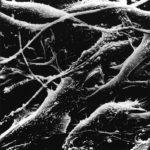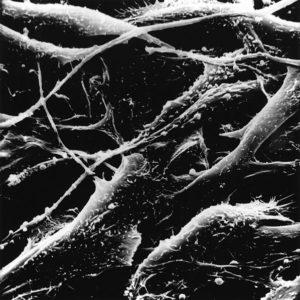Gut microbiome dysfunction has been linked to several conditions. Researchers have now shown link between resistance to immune checkpoint inhibitors (ICI) which target programmed cell death protein/ligand 1 (PD-1)/PD-L1 and a dysfunctional, abnormal gut microbiome. ICI have been found to help a small number of cancer patients and therefore, understanding what leads to resistance of PD-1 blockade may aid in providing this immunotherapy to a wider range of patients.
There are a range of immunotherapy strategies for cancer treatment. One of them is the use of ICI. These inhibitors induce strong T cell responses. The mechanisms behind this is by blocking T cell inhibitory receptors from binding to their ligands on stromal or tumour cells. Monoclonal antibodies are one type of ICI that can be used. One target of these antibodies is PD-1 and PD-L1. PD-1 is of interest in cancer therapy because blocking this protein helps treat different types of cancers. However, resistance to anti-PD-1 antibodies is found in up to 70% of cancer patients.
Researchers, led by Laurence Zitvogel, investigated whether gut microbiome dysfunction that was associated with cancer could lead to resistance to PD-1 blockade. They used a cancer mouse model and also looked at individuals with cancer. The team first studied specific pathogen-free (SPF) mice with established MCA-205 sarcoma and RET melanoma. They investigated the efficacy of an antibody targeting PD-1 after treating the mice with broad-spectrum antibiotics. Treated mice had lower survival and the antibody was less effective as compared to control mice.
When fecal transplants from cancer patients who were not resistance to PD-1 blockade were given to antibiotic treated mice, the efficacy of the anti-PD-1 treatment increased. Providing probiotics made of Akkermansia muciniphila also helped restore the effect of anti-PD-1 ICI. The mechanism of this was dependent on Il-12 which increased CCR9+CXCR3+CD4+ T lymphocytes.
This study shows that the gut microbiome affects PD-1 blockade by antibodies. Manipulation of the gut microbiome, potentially by specific probiotics, may reverse ICI resistance. More individuals with cancer will then be able to benefit from this kind of immunotherapy.
Journal article: Routy et al., 2017.Gut microbiome influences efficacy of PD-1–based immunotherapy against epithelial tumors. Science
Article by Thandeka Moyo

